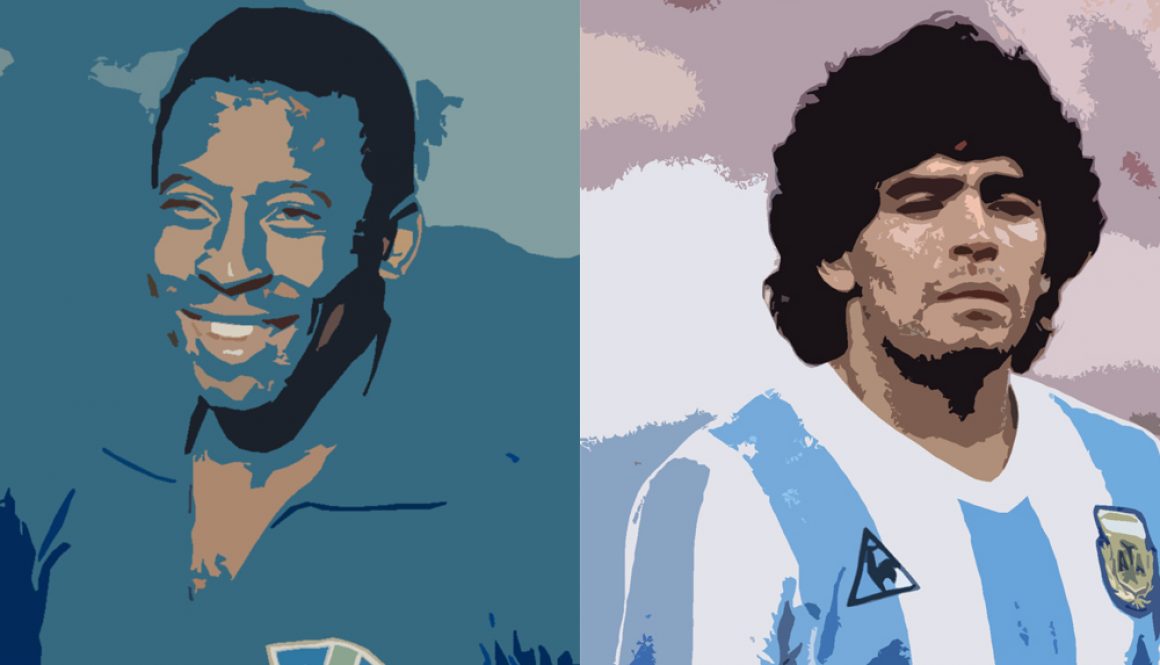Maranovo to Launch Academies in Scotland
Our academy structure is in talks with partners to launch a string of academies across the west of Scotland.
In a partnership move, the Maranovo team are looking at partnering with a renowned brand with an international flavour to open academy facilities around the Glasgow and surrounding areas.
A spokesperson working on the new venture said: “This move will hopefully see our academy structure placed in schools. We have very exciting packages backed by our partners that I am sure will be of great interest throughout the communities.”
More to follow…












